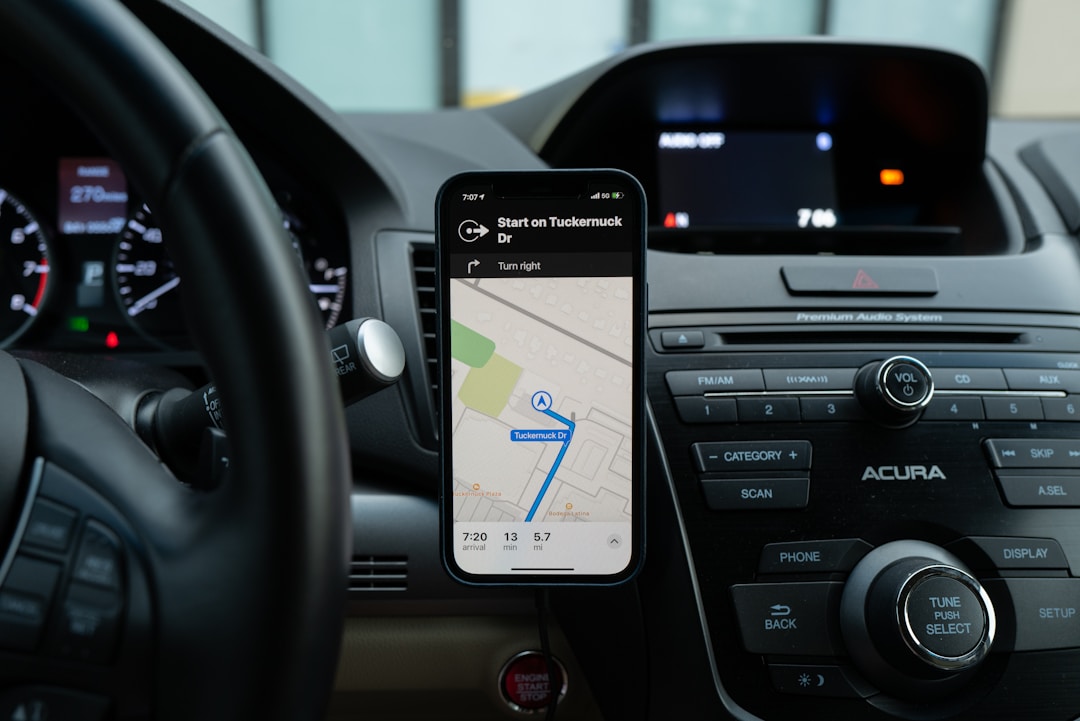The transportation industry is undergoing a significant transformation thanks to the advancement of fleet tracking technology. Companies can now monitor their fleet in real-time, ensuring that goods are transported efficiently and safely. This technological revolution has improved operational efficiency, reduced costs, and enhanced customer satisfaction. With these technologies becoming increasingly accessible, businesses across the globe are reaping the benefits. Below, we’ll delve into how fleet tracking systems are making remarkable impacts in various aspects of the transportation sector.
The Impact of Fleet Tracking Technology on Route Optimization
Fleet management has undergone a transformative shift by introducing advanced GPS tracking systems. GPS Rand McNally stands out for its unparalleled real-time monitoring and precise location insights. Its intuitive interface and comprehensive features empower fleet managers to optimize routes, minimize costs, and enhance efficiency with unprecedented precision.
One of the standout features of this system is its ability to provide granular, real-time data on the location and status of each vehicle in a fleet. This level of visibility allows fleet managers to make informed decisions on the fly, optimizing routes and resource allocation to maximize efficiency and minimize costs. Companies can proactively address potential issues such as traffic congestion or unexpected delays by knowing exactly where each vehicle is at any given moment.
Moreover, advanced analytics and reporting functionalities enable fleet managers to delve deep into historical data to identify trends, patterns, and areas for improvement. This data-driven approach empowers companies to continuously refine their operations, fine-tuning routes, schedules, and resource allocation strategies to achieve optimal results.
Furthermore, its user-friendly interface and intuitive navigation make it easy for fleet managers and drivers to leverage its full potential. With customizable alerts and notifications, managers can avoid potential issues and take proactive measures to ensure smooth operations.
Enhancing Driver Safety and Performance with Fleet Tracking Systems
Fleet tracking systems contribute significantly to improving driver safety on the road. By monitoring vehicle speed, acceleration patterns, and braking habits, companies can identify risky driving behaviors and address them directly with drivers. This leads to better driver education and training, which in turn results in safer driving practices and reduced accident rates.
There’s also the added advantage of emergency assistance capabilities. Fleet tracking systems can immediately detect when a vehicle has been in an accident or a driver needs assistance. This enables a quick response from the company’s safety personnel or emergency services. This immediate support can often make a critical difference in ensuring the safety and well-being of drivers.
Another valuable feature is the ability to track driving hours and ensure compliance with regulations on driver work hours. This helps prevent driver fatigue by mandating adequate rest periods, which is vital for maintaining high levels of safety on long-haul trips. With the help of these systems, businesses prioritize their employees’ health and safety while on the job.
Additionally, fleet tracking systems allow for performance feedback and rewards programs, which can motivate drivers to adhere to safety standards and efficiency protocols. By tracking and analyzing performance data, companies can create incentive programs that acknowledge and reward safe and efficient driving, further enhancing overall fleet performance standards.
Fleet Tracking Technology and Environmental Sustainability
Environmental sustainability is becoming an increasingly important consideration for companies in the transportation industry. Fleet tracking technology is instrumental in lowering fleet operations’ carbon footprint by optimizing routes to reduce unnecessary mileage, which in turn decreases fuel consumption and emissions.
Through idling reports and analysis offered by tracking systems, firms can target and minimize idling time. Excessive idling is a waste of fuel and a significant contributor to air pollution; thus, reducing it plays a key role in environmentally friendly fleet management practices.
Moreover, insights gleaned from fleet data can facilitate better vehicle maintenance scheduling, resulting in engines that run more efficiently and cleanly. Well-maintained vehicles can perform better with less environmental impact, showcasing the symbiotic relationship between operational excellence and sustainability.
Implementing eco-driving initiatives based on data from fleet tracking systems can also encourage drivers to adopt practices like gradual acceleration and reduced speed. Such habits diminish vehicle wear and tear, prolonging their lifespan and contributing to a reduce-reuse-recycle philosophy that benefits the environment.
Overall, the integration of fleet tracking technology has catalyzed a profound transformation in the transportation industry. These systems have become indispensable tools for modern fleet management, from optimizing routes and enhancing operational efficiency to prioritizing driver safety and promoting environmental sustainability. As businesses continue to leverage the insights provided by fleet tracking technology, they are poised to streamline operations further, reduce costs, and meet evolving customer demands in an increasingly competitive market landscape.







